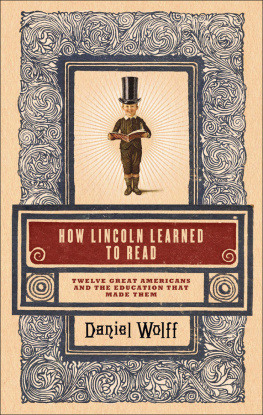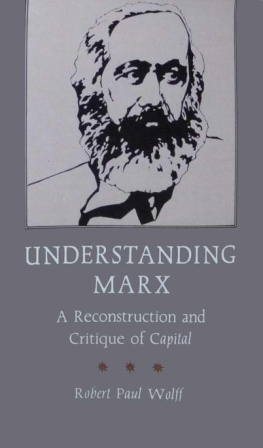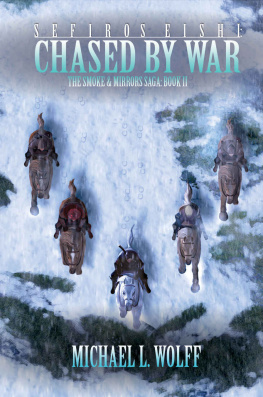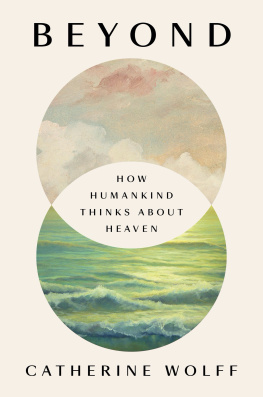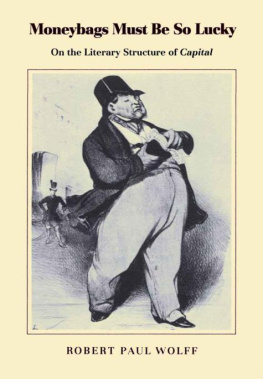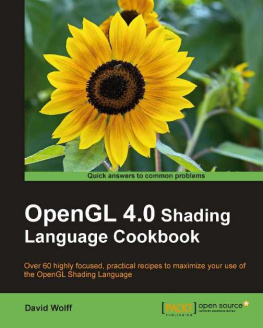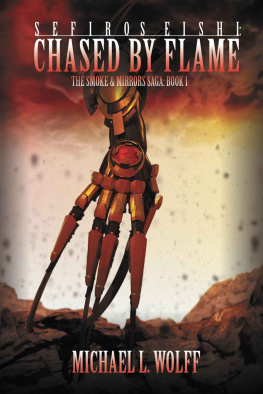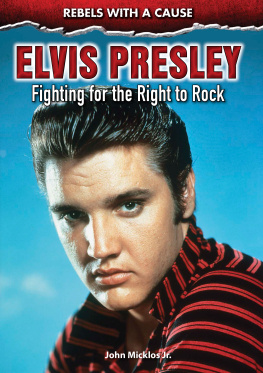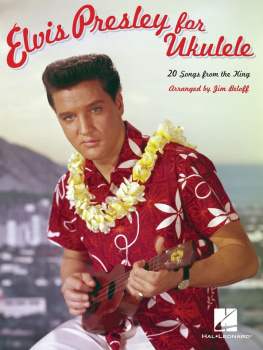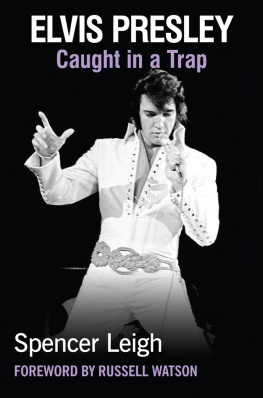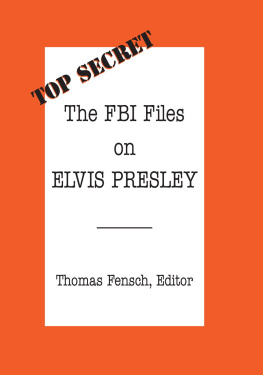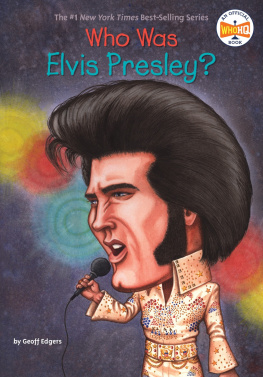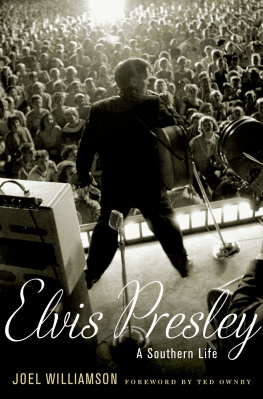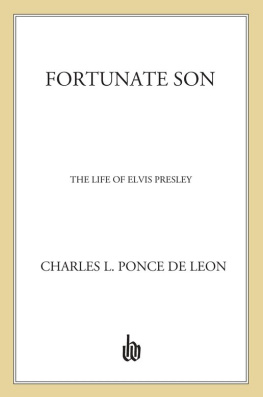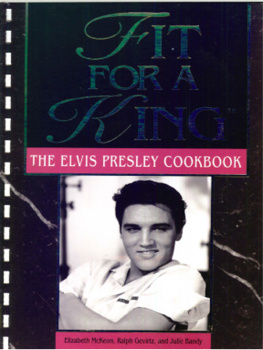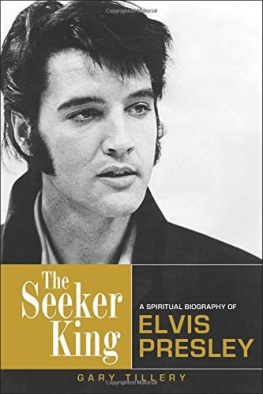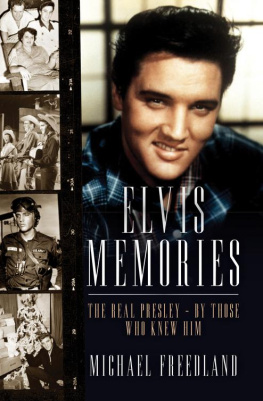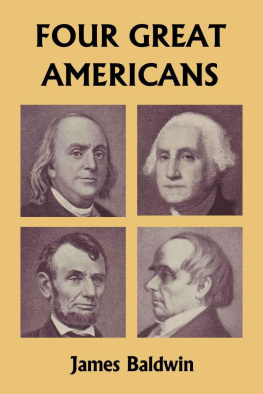HOW LINCOLN
LEARNED TO READ
BY THE SAME AUTHOR
Born to Run: The Unseen Photos (with Eric Meola)
4th of July, Asbury Park: A History of the Promised Land
Negro League Baseball (with Ernest Withers)
The Memphis Blues Again (with Ernest Withers) Work Sonnets
You Send Me: The Life and Times of Sam Cooke
HOW LINCOLN
LEARNED TO READ
Twelve Great Americans and
the Educations That Made Them
Daniel Wolff

Copyright 2009 by Daniel Wolff
All rights reserved. No part of this book may be used or reproduced in any manner whatsoever without written permission from the publisher except in the case of brief quotations embodied in critical articles or reviews. For information address Bloomsbury USA, 175 Fifth Avenue, New York, NY 10010.
Published by Bloomsbury USA, New York
All papers used by Bloomsbury USA are natural, recyclable products made from wood grown in well-managed forests. The manufacturing processes conform to the environmental regulations of the country of origin.
LIBRARY OF CONGRESS CATALOGING-IN-PUBLICATION DATA
Wolff, Daniel.
How Lincoln learned to read : twelve great Americans and the educations that made them / Daniel Wolff.1st U.S. ed.
p. cm.
Includes bibliographical references and index.
eISBN: 978-1-60819-122-2
1. EducationUnited StatesHistory. 2. United StatesBiography.
I. Title.
LA205.W65 2009
370.973dc22
2008024695
First U.S. Edition 2009
1 3 5 7 9 10 8 6 4 2
Typeset by Westchester Book Group
Printed in the United States of America by Quebecor World Fairfield
CONTENTS
Imagine a playground at dusk. A bunch of kids are running around, tired after a long day but still having fun. Their parents and babysitters, guardians and grandparents are sitting nearby, talking.
The conversation begins with grades and homework. Whose kid is flunking; whose is in advanced math; who got which teacher.
At some point, it goes from how the kids are doing to how the school is doing. Whether its a good one; whether its working.
And that turns into a familiar, almost inevitable argument. What are they teaching kids these days? What should they be teaching? Its the argument about standards and discipline and homework: the one that ends up on the cover of newsmagazines.
When I was a kid, somebody begins, and there are groans in the half-dark. Uh-oh! Here we go!
People start talking about their school days. Maybe one woman remembers being part of the push to improve the science curriculum back in the cold war. Then a guy describes his eighth-grade shop class. This one was taught something called phonics because the country decided Johnny couldnt read. And that one dropped out: had to work nights, always did badly on the tests.
Then a funny thing happens.
As they continue to swap stories, somebody mentions a great-aunt who showed him how to cook. Someone else tells about the time she and a buddy trained pigeons. Somebody tries to talk about being in the war. The definition of education broadens, opens up to include a whole range of lessons and a lot of different kinds of teachers.
What part of education has... turned out to be useful and what not. Thats how Henry Adams framed the question early in the twentieth century. He remembered playing with other kids out in the fields of Quincy, Massachusetts: he learned something there. And when he was in his fathers library listening to grown-ups talk about abolition. And on his trip as a teenager down into the slave-holding states of the South. He includes his parents among his early teachers, also his siblings and grandparents. He tells a story about refusing to go to school one day, age six, and how his grandfather took him by the hand and walked him there without saying a word. The lesson, Adams decides, was in the old mans intelligent silence.
School itself Adams calls time thrown away. The private academies he went to concentrated on Greek and Latin. He considered that useless: subjects you had to study to show youd gotten an upper-class education but of no practical value. Harvard was four more wasted years. The man of sixty, he writes, can generally see what he needed in life, and in Henry Adamss opinion it was not school. He lived through an era of astonishing industrializationwhere monopolies began to control vast stretches of the economy, and inventions like the electric dynamo transformed notions of power and possibility. That was the stuff he thought he should have been prepared to understand.
In the dusk of the playground, Adams offers a kind of model, a guide to asking the question. The Education of Henry Adams tries to focus on useful knowledge and winnow out the rest. Plus, it makes clear that to describe how and what we learn is to talk about the forces of history. Its a way to tell the story of the democracy.
The conversation on the playground turns out to be an old one: older than the nation. After God had carried us safe to New England, reads a pamphlet from 1642, and we had built our houses, provided necessaries for our livelihood, reard convenient places for Gods worship, and settled the Civil Government: One of the next things we longed for, and looked after was to advance Learning, and perpetuate it to Posterity.
Hasnt each generation had this longing to advance Learningand this argument about the best way to do it? And hasnt the answer theyve come up with affected how the next generation has asked the question?
Say we start at the founding of the republic. And pick an American who helps define how we think of ourselves, helps define what and how weve learned. Ask Henry Adamss question: what part of your education was useful and what not? Limit it to what we now call the school yearsages five to eighteenbut use the broad definition of learning that includes what happens both in and outside the classroom. Let them answer in their own words: from autobiographies, letters, notes. Then, move forward to the next period of time, and ask another person. And so on.
The stories will skip around, of course. To different parts of the country, different circumstances. But maybe theyll also build on each other and form a kind of history. How weve defined and redefined knowledge. How weve decided who should have access to which knowledge and why. How weve tried to perpetuate it, to pass it on.
In the end, maybe this history will help tell us who we, as a country, think we are. Or more accurately, who we want to be when we grow up. Because isnt any history of American knowledge, by definition, a history of expectations, of preparing for the future, of hope?
How do we learn what we need to know?
Your eight-year-old spends a year in school and thenfor reasons that arent totally clearleaves. You send him to a tutor and, after a year, that ends, too. Age ten, hes done with formal schooling. Instead, he starts learning the family business... and hates it. He threatens to run away and go to sea. You walk him around the city, showing him various trades: carpenters, bricklayers, ironworkers. You decide he should try your nephews business: manufacturing and sharpening knives. He lasts about three days.
Finally, out of options, you send your now twelve-year-old across town to live with his older brother and learn to be a printer. It takes some persuading, but you get him to sign an agreement to stay for nine years. He lasts a little more than five. Thenangry at his brother and in trouble with the lawhe breaks the contract and sneaks out of town. Not quite eighteen, he slips onto a ship and disappears.
Next page
